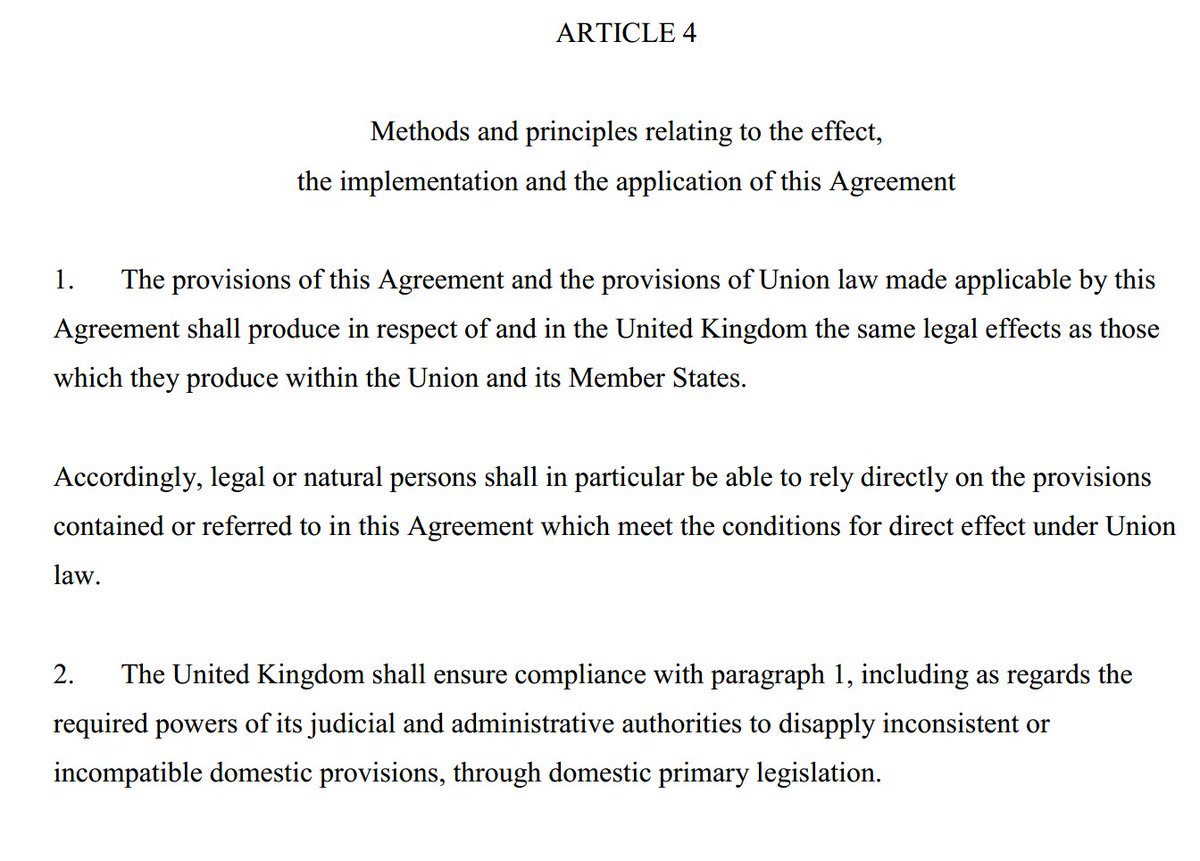(3/)
(8/)
(10/)
(14/)
A clause binding Parliament - limiting its power to pass certain future legislation - needs to be crafted which captures the promise made in Art 4.
(19/)
I think so, but it's not clear-cut...
(20/)
(21/)
(23/)
(28/)
32/
Thanks if anyone stayed with me this long. Have a nice weekend!
(33/33 and ENDS)




